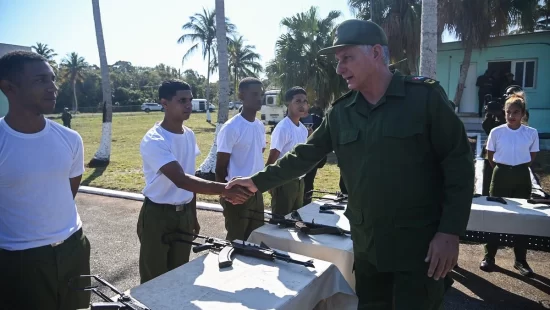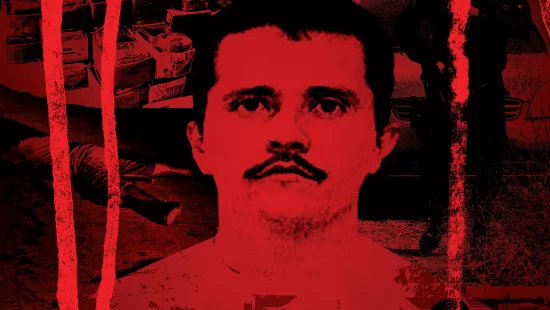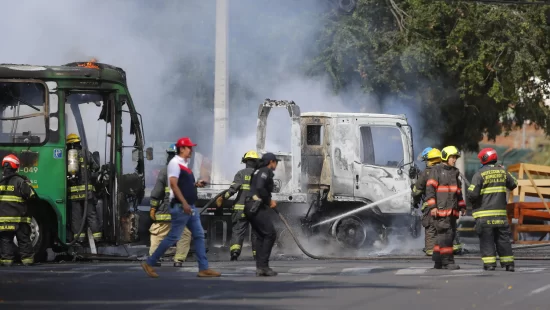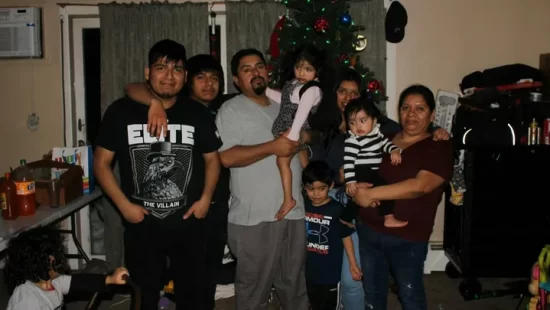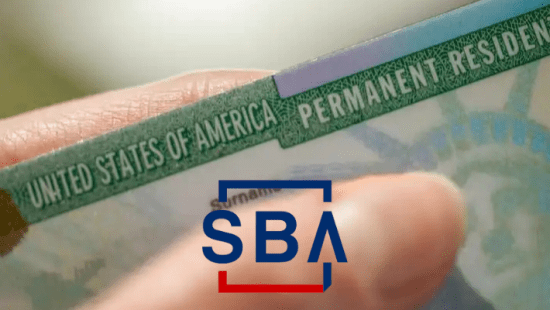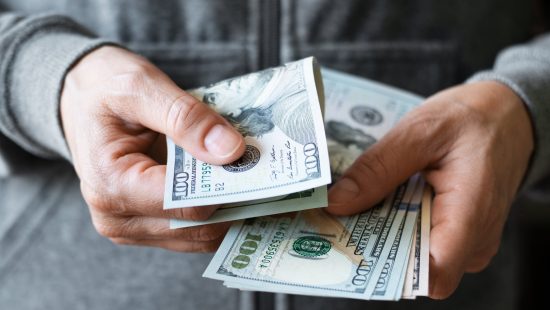As the U.S. hunts the fugitive kingpin, critics question its role in fueling the drug trade he’s accused of running.
The U.S. government has put a $500,000 price on the head of Alejandro Arias-Monge—better known as Diablo—a name whispered in fear across Costa Rica, where he is considered the country’s most wanted fugitive. But as Washington offers cash for tips to catch the elusive kingpin, some observers ask a more uncomfortable question: How did Arias become so powerful in the first place?
Arias is no small-time criminal. According to the U.S. Drug Enforcement Administration (DEA), he is the leader of a violent transnational criminal organization (TCO) responsible for trafficking massive quantities of cocaine from Colombia through Central America into the U.S. His network spans Costa Rica, Honduras, and Guatemala, with identified cells operating in all seven provinces of Costa Rica.
Authorities say he doesn’t just operate in the shadows—he thrives in the spotlight. Arias’ organization allegedly uses social media to post images of firearms, issue death threats to government officials, and even upload gruesome videos of murders, instilling fear and asserting control over both citizens and rival groups.
In response, the U.S. Department of State’s Bureau of International Narcotics and Law Enforcement Affairs has offered a reward of up to $500,000 for information leading to Arias’ arrest or conviction. The DEA has called on the public to share tips via text, WhatsApp, or Signal—ensuring all identities will remain strictly confidential.
But while the manhunt intensifies, a deeper conversation is emerging about the drug pipeline Arias is accused of controlling—and America’s role in it.
From the supply routes in Colombia to the overdose wards in U.S. hospitals, Arias’ story is part of a much larger system. Cartels are reportedly able to manufacture counterfeit fentanyl-laced pills for as little as 10 cents, which then sell for $10–$30 each in the U.S. market. It’s an economic engine built on desperation, addiction, and weak institutions across borders.
Critics argue that while the DEA chases traffickers like Arias, the broader demand in the U.S. and lax regulations on precursor chemicals have helped build the very drug empire now being dismantled piece by piece.
“This is not just Costa Rica’s problem or Colombia’s problem,” said one regional security analyst. “It’s a hemispheric problem. Arias didn’t build this empire alone—he built it to serve a market, and that market is largely in the United States.”
Costa Rican President Rodrigo Chaves has publicly welcomed Washington’s reward and emphasized the cooperation between both countries to bring Arias to justice. However, human rights advocates and local journalists have warned that such high-profile bounty announcements can sometimes increase violence on the ground, as rival groups seek power or vigilantes take justice into their own hands.

